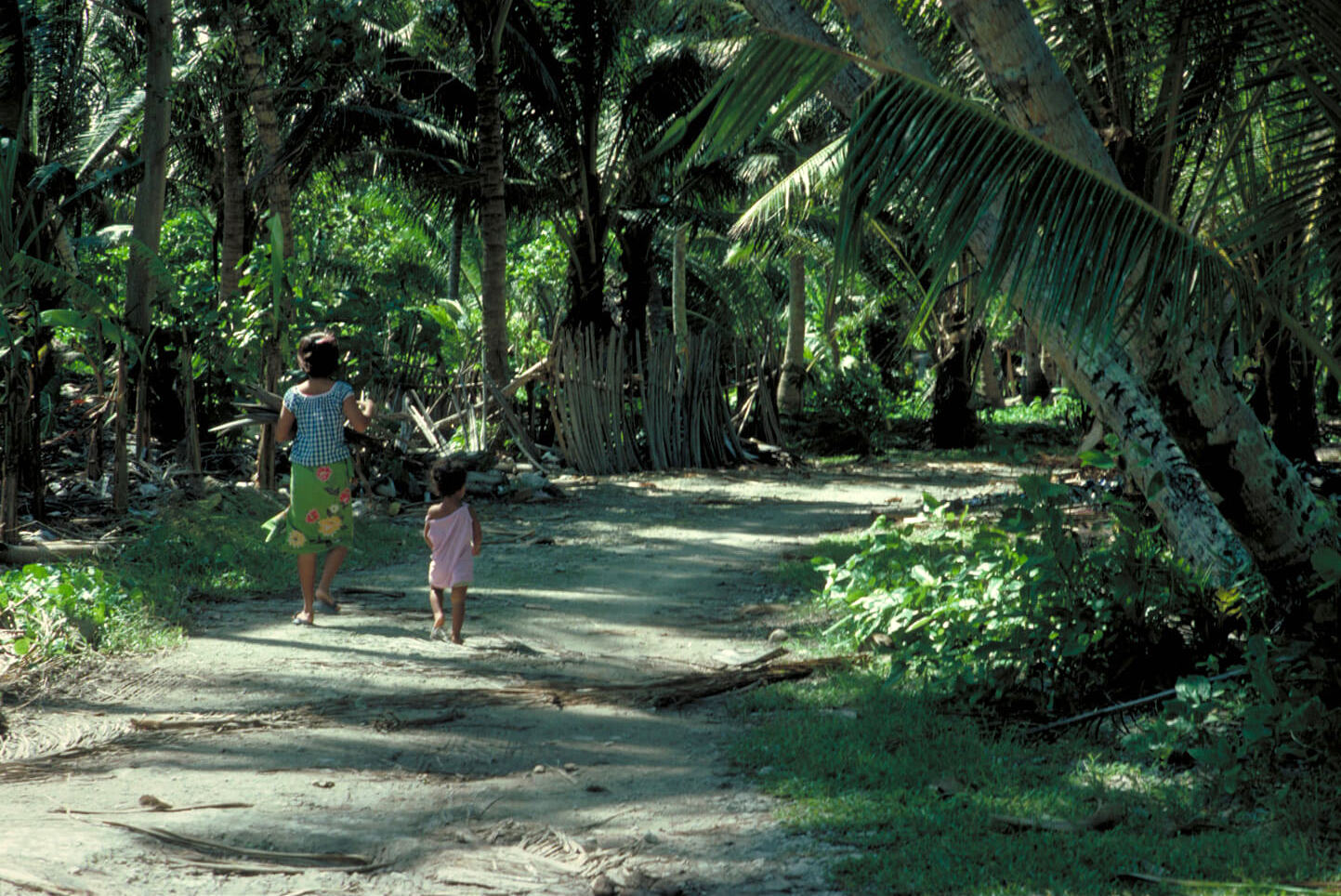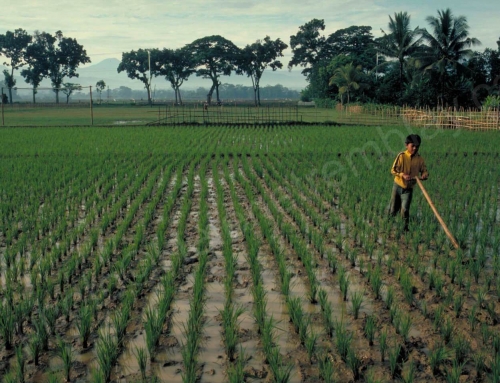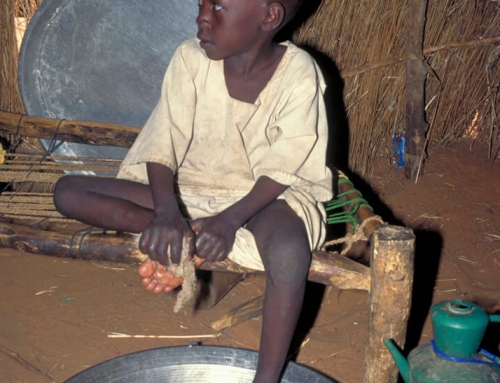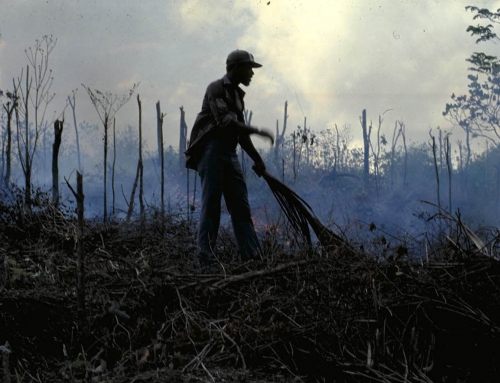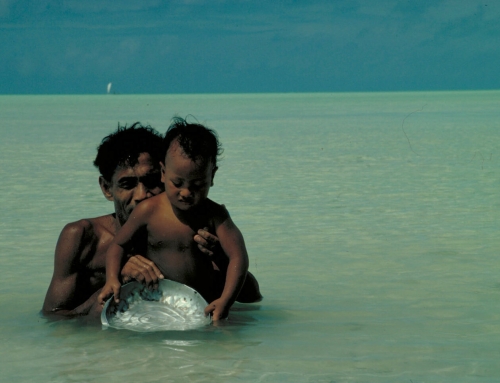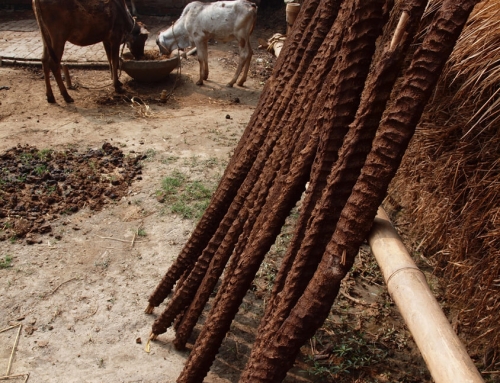There is little fresh rainwater
Land is in real demand in Tuvalu, especially on Funafuti. In 10 years, the population has increased so much that there is not enough bush material left to build traditional houses; there is little fresh rainwater (groundwater is not potable); and the soil is tainted by the salt-laden winds, limiting agricultural development. In addition, much of Funafuti’s land was excavated by the Americans to build an airstrip during World War II. The huge holes Tuvaluans call “borrow pits” have never been refilled. If they were, as everyone dreams they will be someday, there would be more space for planting.
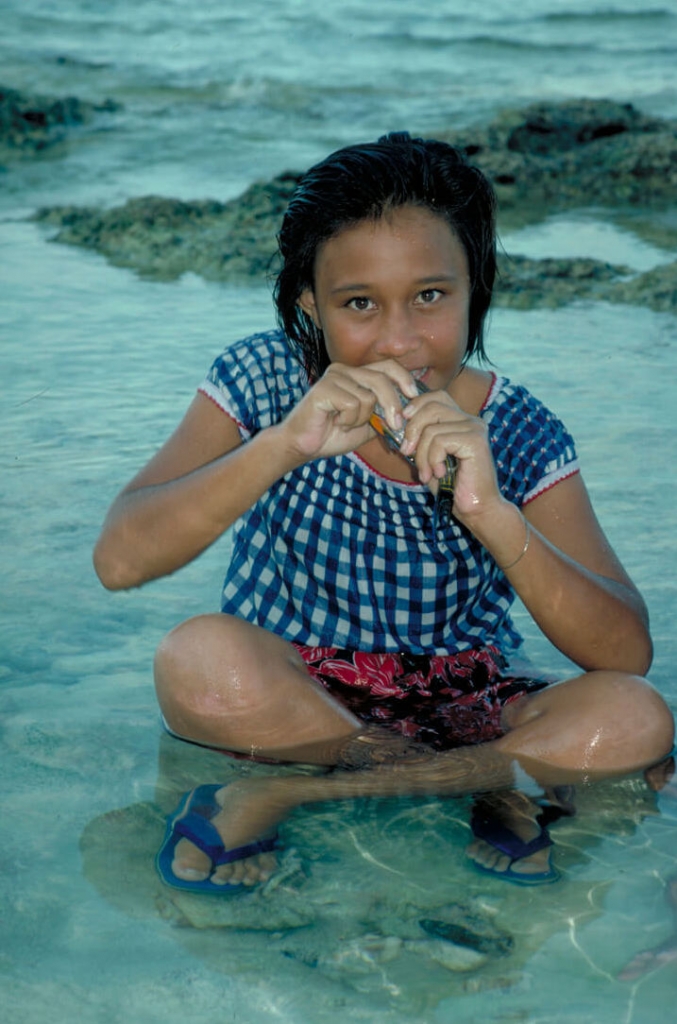
Land ownership is complicated
In 1961, Vitoli came back home to care for his aging parents. He would have lost his right to the land and to the title of matai (as the oldest son) if he hadn’t returned. “Without land and today without education, you just can’t live,” he says. As the matai, Vitoli is responsible for the distribution of the 10 plots of land scattered throughout the country to all his family members. The land has been passed down through generations of individuals and family groups, and ownership is very complicated. Land establishes a family’s status. Village gossip has it that Vitoli’s isolation is due to a family fight over land distribution. Vitoli doesn’t talk about it.
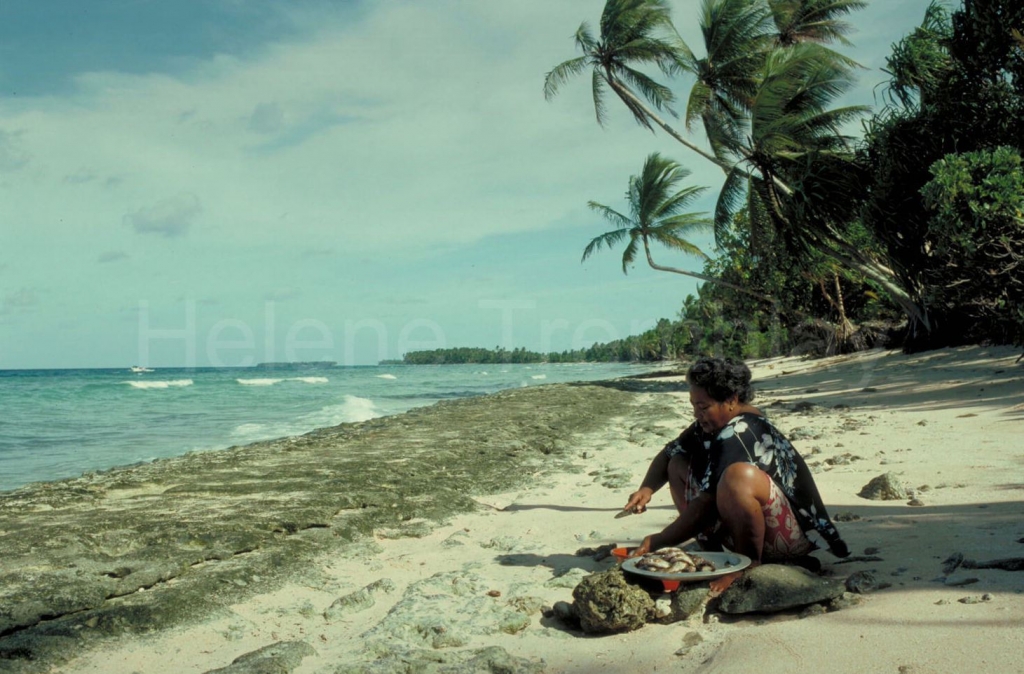
Only a few hours to speak
Besides two planes a week, to and from the capital, travel between Tuvalu’s nine islands is limited to one boat, the Nivaga. It makes a run of four of the islands north of the capital, stopping a few hours at each, then comes back to Funafuti for a southern run that sometimes brings it down to Fiji. If one goes to an outer island to stay, it could take months to return. When government officials visit the outer islands, the few hours the Nivaga stop is all the time they have to speak to their people.

